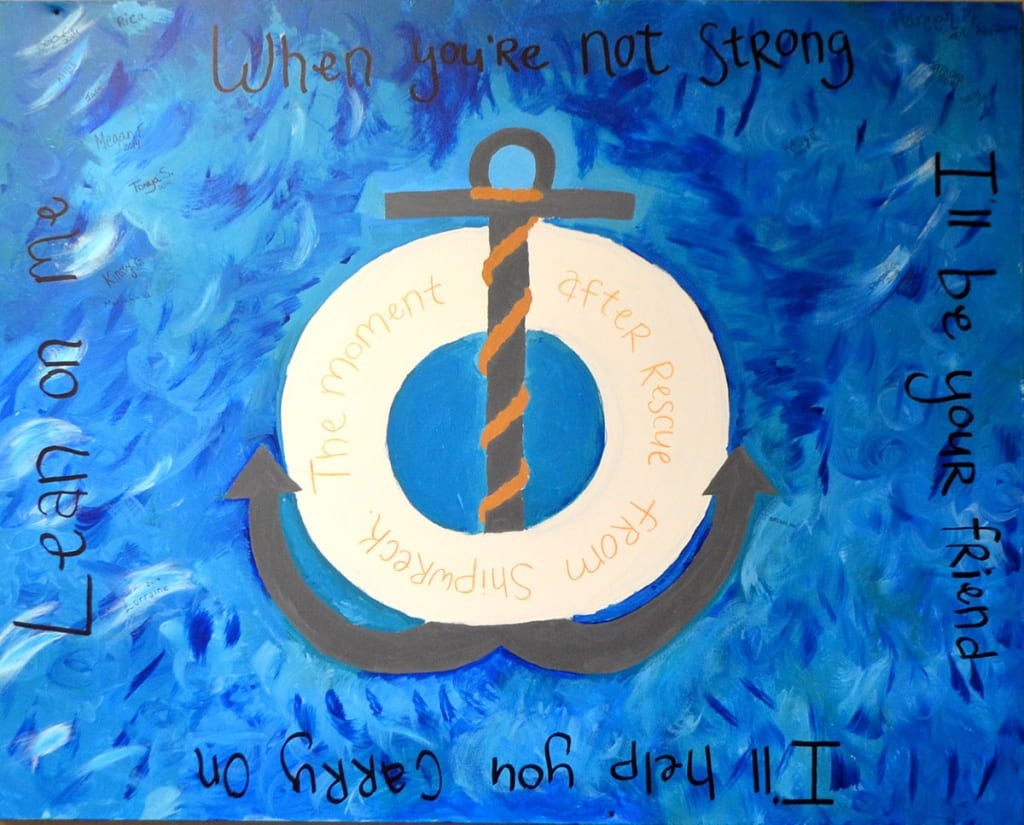One of the hardest challenges for people struggling with addiction is fighting it alone, without the support of family and friends. Many people hide their addiction from their family and loved ones, and that can often mean that the addiction goes untreated. Almost 20.5 million Americans suffer from addiction, but only 1 in 10 of these individuals will receive treatment of any kind. As family members, we often hear the phrase, “I don’t have a problem,” when really the signs of addiction are present.
When it comes to substance use it is important that treatment is sought as early as possible. It is for this reason that it is important to know the signs of addiction and the criteria for a substance use disorder diagnosis.
Understanding Substance Use
It’s important to understand that while not all use is abuse, there is a very thin line between the two. People who use opioids, for example, typically begin taking these drugs for a legitimate reason as prescribed by their doctor. Unfortunately, because these drugs can be extremely addictive, proper use can turn into abuse and dependence if not carefully monitored.
The Signs and Symptoms of Drug Addiction
Be Aware of Changes
- A drastic change in someone’s life can be a sign of something other than addiction, but a dramatic sign is always worth paying attention to. Changes in physical appearance, relationships, interest level at work, and hobbies can mean that something is deeply troubling an individual. Changes in finances are often also a clear indication that something is amiss.
Open Communication
- If you have someone in your life that you fear has a substance use disorder or may be headed in that direction, having open and thoughtful communication with that person is very important. In order to access critical resources, you should contact local treatment centers, as the people who work at these facilities are trained to communicate with people in all stages of addiction.
Overuse and Cravings
- Someone with a drug addiction disease will often take drugs in larger amounts or over a longer period than was intended. They will have a persistent desire for the drug or experience unsuccessful efforts to cut down or control drug use. They will spend a great deal of time in activities necessary to obtain drugs, use drugs, and recover from drug use and its effects. Cravings, or a strong desire to use drugs, will occur in any form.
Loss of Motivation
- Additionally, a person with a drug addiction may demonstrate a failure to fulfill life obligations such as work, school, and family responsibilities. This loss of motivation or decrease in desire to obtain life goals can lead them in search of the initial high they once felt, contributing to increased usage and tolerance to drugs.
Destructive Decision Making
- Using drugs despite medical advice that it may be detrimental to physical health and/or exacerbate already existing conditions, as well as continued usage even after multiple legal issues due to drug use.
“It is a long-lasting condition, it doesn’t go away. You can be in recovery, you can be drug or alcohol-free, but it’s a chronic use disorder that’s going to be with you for a lifetime,” explains Robin Piper, CEO and Clinical Director of Turning Point of Tampa.
The best thing you can do if you or someone you know shows these symptoms is to seek treatment as soon as possible. Turning Point of Tampa is an alcohol and drug addiction treatment center that can help you on your road to recovery.
Turning Point of Tampa has been offering Licensed Residential Treatment for Addiction, Eating Disorders and Dual Diagnosis in Tampa since 1987.



